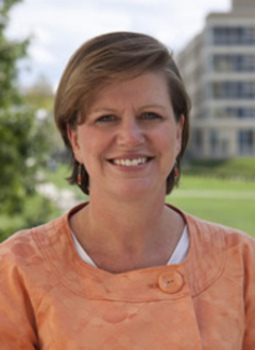Question
I have been working at a state school for the Deaf for five years. This is my first job working with Deaf individuals. I work primarily with high school students, many of whom are quite verbal. Several of the Speech therapists here do not address speech i
Answer
It is difficult to answer questions on the efficacy of speech therapy with deaf individuals without specific reference to the particulars of each patient. In general, progress in articulation therapy with deaf adolescents or adults who do not benefit from amplification or use a cochlear implant, is acknowledged to be slow and not without frustrations. Significant progress in speech intelligibility is a more realistic goal with younger patients who receive significant benefits from the use of hearing aids or amplification systems, or who can successfully utilize a cochlear implant. However, even when adolescent or adult deaf persons can benefit from cochlear implantation, significant improvements in articulation skills are not often cited as the main goals justifying the implantation procedure. Addressing listening skills with patients who have no functional hearing appears, on the face of it, inappropriate. When addressing issues of speech intelligibility and listening skills in deaf persons, a prerequisite to any plan should consider the audibility of speech and other auditory stimuli to the patient. Without audible signals, deaf patients cannot be expected to achieve significant auditory recognition and discrimination. In that case, improved intelligibility and listening skills (listening for what?) is likely to be unrealistic.
Despite these guarded expectations however, improved articulation and listening skills can be legitimately incorporated into a treatment plan for the deaf students when viewed in the above context. The role of speech-language pathologists in developing communicative and linguistic skills has received attention by the Joint Committee of the American Speech-Language-Hearing Association and the Council on Education of the Deaf on this topic (American Speech-Language-Hearing Association. [2004]: The Roles of Speech-Language Pathologists and Teachers of Children Who Are Deaf and Hard of Hearing in the Development of Communicative and Linguistic Competence: Position Statement), and this position may be viewed at ASHA's website (www.asha.org). At the same website, see the reference to Erlbaum's description of a format for developing speech-language and communication skills for deaf and hearing-impaired students in paper entitled: A Comprehensive PEL-IEP Speech Curriculum Overview and Related Carryover and Summary Forms Designed for Speech Therapy Services for the Hearing-Impaired.
Thomas E. Borton, Ph.D., FAAA, Professor and Director Speech and Hearing Clinic, Auburn University Montgomery

